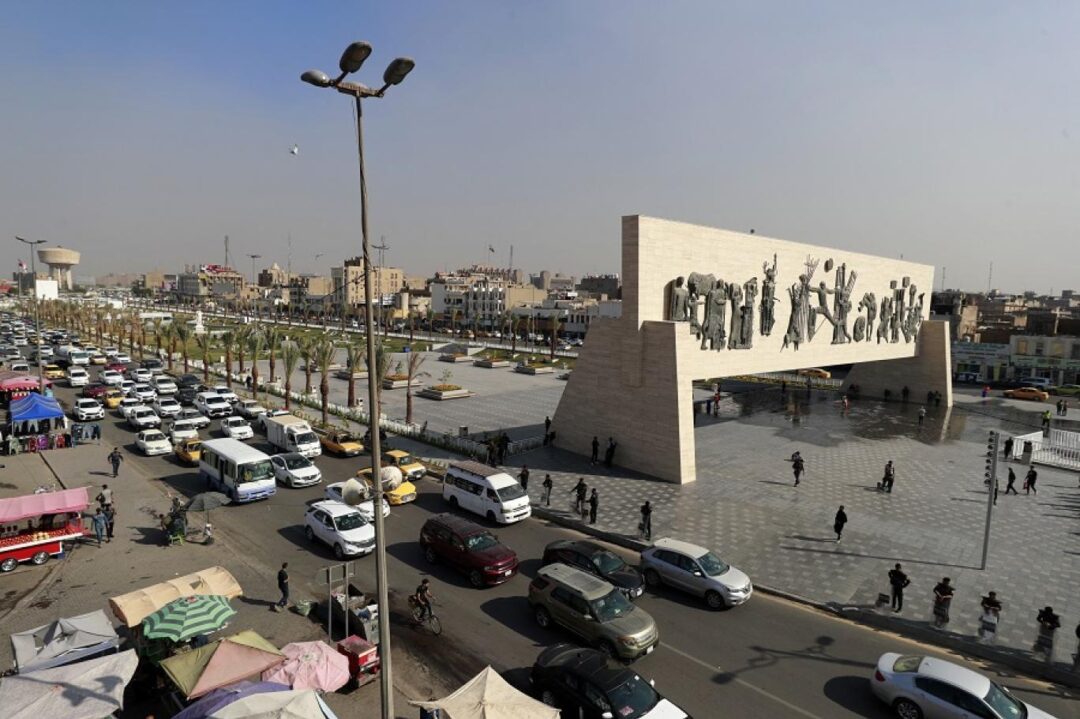Silent Struggles: Yemen’s Daily-Wage Workers Amidst Devastating Conflict:
Amidst the devastating conflict ravaging Yemen, a tragic situation unfolds in silence: that of the daily-wage workers. These brave men and women fight daily to provide for their families in a country torn apart by violence and destitution. Without steady employment or security, they embark on an unending quest for work to earn meager incomes, hoping to alleviate the hunger of their loved ones. Their reality is marked by constant uncertainty.
Every morning, they rise with the hope of finding daily labor in Yemen’s most precarious sectors. Whether on dilapidated construction sites, arid farms, or the bustling streets of ruined cities, these daily-wage workers struggle for survival, relentlessly facing dangers and hardships.
Their compensation is often insufficient to meet even the most basic needs. The meager wages they earn don’t allow them to decently feed themselves, seek medical care, or provide education for their children. Each day, they are confronted with heart-wrenching choices, sacrificing their own needs to secure a slightly better future for their families.
Amidst Yemen’s troubled streets, daily-wage workers continue to fight, hoping for a brighter future for their country and their families. Their story is one of human resilience in the face of violence, a poignant reminder of the strength of will when confronted with extreme difficulty.
Ahmed finds himself with dozens of other workers every day. Gathered in downtown Aden, they sit on the sidewalk, watching for passersby in search of workers to hire. Armed with their tools, they’re prepared to brave all dangers to secure a small job for a day or even less, whether in plumbing, construction, digging, and more. At 35 years old, Ahmed explains that he sets out
every morning in search of employment, usually in vain. This lack of job opportunities is paradoxical for a city considered the temporary capital of the country and hosting the government recognized by the international community.
The workers explains that in Aden, the activity of entrepreneurs and construction companies has never truly ceased, except for extreme circumstances and very short periods, at least until recently. The influx of Gulf expatriates coming to invest, build projects, and erect their own homes had indeed kept economic activities ongoing in the city. However, the situation has changed since last year and has further worsened this year.
But the suffering of these workers does not end there; they are also exposed to dangerous and inhumane working conditions. Devoid of social protection and safety measures, they risk their lives for precarious and fleeting work. Accidents are common, injuries are often overlooked, and fundamental rights are systematically violated.
In an interview with Reuters, economic expert Wahid Al-Foudai explained that in addition to the lack of job opportunities, daily-wage workers face skyrocketing inflation and the depreciation of the Yemeni riyal. According to Al-Foudai, the economic recession has had a significant impact on these workers, resulting in a drastic reduction in employment opportunities and an inability to meet essential needs such as food, housing, medicine, and more. This situation has led to increased unemployment, the spread of poverty, and an alarming deterioration of employment prospects.
Ali Ahmed Belkheder, President of the Yemeni Confederation of Labour Unions (YCLU), explained that the collapse of the national currency and the instability of the job market in Yemen are leading more and more workers to choose daily-wage jobs. The union leader pointed out that even workers with relatively stable jobs are often deprived of their wages, putting them in an extremely precarious social situation.
Bureaucratic Complexity Worsening the Daily Lives of Workers:
According to Mohammed Mustafa Yassin, an architect and entrepreneur in Aden, much of the economic downturn can be traced back to halting construction on unapproved plots and the absence of solutions to address this predicament. Yassin highlights that constructing single or multi-story buildings on unauthorized lands is now strictly prohibited. Simultaneously, the costs associated with obtaining construction permits for public lands have become prohibitively high.
Towards the end of 2021, Aden’s Governor, Ahmed Hamed Lamlas, issued a directive leading to the establishment of an entity tasked with resolving land-related issues and illegal constructions. This entity’s mandate includes ceasing any work conducted on plans not sanctioned by the State Land and Real Estate Authority and Urban Planning. Furthermore, its authority extends to prohibiting any construction undertaken without proper permits. The initiative aims to safeguard land integrity and enhance construction standards within the Aden region.
However, both workers and citizens observe that this entity, despite its primary goal of regulating and organizing the construction sector, has inadvertently intensified the hardships faced by daily laborers and the general populace. Instead of streamlining construction operations for residents, these measures have evolved into an additional financial burden, hindering them from pursuing diverse construction projects.
A senior official from Aden’s Ministry of Social Affairs and Labor attributes the decline in self-employment opportunities and the suspension of numerous government service and development projects to the withdrawal of funding by the World Bank and several donor countries. According to the official, this situation has significantly impacted the local economy, resulting in a decline in employment prospects and the standard of living for residents.
According to the latest estimates from the International Monetary Fund (IMF), nearly 17 million Yemenis face severe food insecurity. The United Nations has managed to collect only $1.2 billion out of the required $4.3 billion to address this humanitarian crisis. This dire situation is further aggravated by a food price inflation rate that soared to 45% in 2022. The
repercussions of this crisis are devastating for the Yemeni population, as they struggle to meet even their most basic needs.




